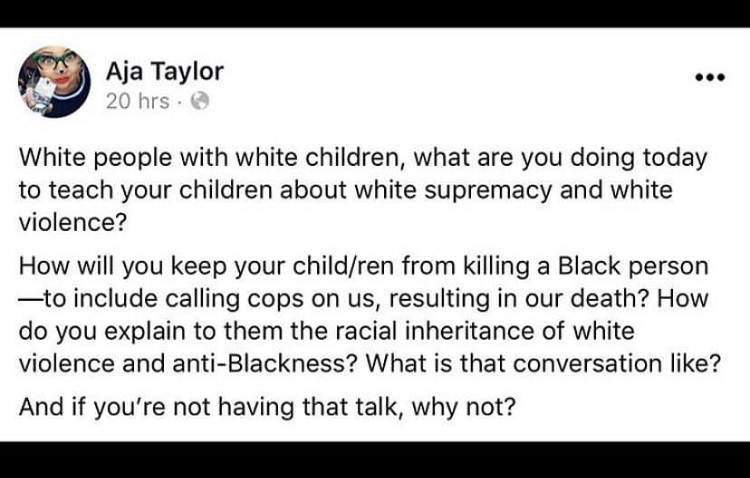I had my first period while I was home alone, sick with walking pneumonia during winter break of 8th grade. I knew what periods were. My mom, a nurse, had explained when I was very young in anatomical detail about the entire process. And yet this theoretical knowledge failed to equip me adequately for the reality of my lived experience. In the moment, I was certain I was dying. When I was able to process that it was my menses, I remained unconvinced I wasn’t still dying. It was excruciating. For years afterwards my periods continued to be debilitatingly painful, heavy, long and wildly irregular. Birth control, the only remedy offered, was out of the question because I had a history of migraines and that is apparently not a good combo. I did try it for a while anyway. The side effects were severe and while it did make my period more regular, it did nothing to alleviate the other symptoms, so I stopped. Both the general practice doctor and the OBGYN believed that I was young and it would simply sort itself out. People also said things like it was “preparing me for childbirth” and told me that it would get better after having a child. None of these things turned out to be true.
What continues to be true is that the pain and complications people who menstruate experience are largely ignored.
Through twenty years of menstruation, I have learned a few remedies that have made a huge difference for me, and I hope will save other people some suffering.
To support regulation (frequency and length) of menses
- Vitex/chaste berry
- Evening Primrose oil
- Acupuncture
When I take vitex/chaste berry and evening primrose oil daily, my cycle is more regular and the number of days I bleed are fewer. Usually what happens is I have a terrible period, commit to taking the supplements every day, and my next period is way better. Then I get lazy about taking them every day but still take them sometimes, and my next period is still pretty manageable. So then I forget about taking them altogether and the next cycle is like 54 days long and I hate everything. Moral of the story: It works best if you take them everyday but will still help if you take them inconsistently.
Acupuncture has been effective in regulating menstruation as well. It’s important that you talk to your acupuncturist about your goals, so they can target the appropriate symptoms and imbalances. This is also something that needs to be fairly regular to provide benefits. Our bodily systems seek to be in balance, but a lot of environmental factors can throw us off. Getting a regular acupuncture “tune up” helps keep us on track. Also if you have health insurance, there is a good chance acupuncture is covered.
To lessen pain
- Turmeric
- CBD
- Hot water bottle
- Hip opening stretches
Once your menstruation cycle is regular, it becomes a lot easier to manage the pain. A week before you will start bleeding, start taking turmeric once daily. I usually stop once the bleeding begins because otherwise it will make me dizzy. Turmericincreases circulation and reduces inflammation both very helpful in proactively alleviating the pain of menstruation.
During menstruation I take high concentrations of pure CBD as capsule, tincture or topical oil. The quality of the CBD oil is important and depending on where you live harder or easier to acquire. For those unfamiliar with CBD it does not get you high, though some people experience such a deep relaxation the first time they take it that they just pass the fuck out. Also CBD is great for managing anxiety.
You probably won’t feel like doing much, and I encourage you to rest as much as possible during the first days of your period. I live with a hot water bottle across my lower abdomen and find that hip opening stretches can be soothing especially if you are having those weird lower back cramps. I like to do the stretches in a way that is as restorative as possible (i.e. grab all the pillows and blankets).
Other things to consider
- Caffeine
- Refined sugar
- Meat
- Alcohol
- Exercise
- Hydration
- Rest
I am weary of recommending any dietary shifts as blanket recommendations, so what I will offer instead is an invitation to explore how the foods you are consuming (or not) are impacting your menstruation experience. It’s all about balance, and balance doesn’t look the same for everyone.
If you regularly consume caffeine, refined sugar and/or alcohol, consider reducing the amount you consume in the week before and during your period and see how that affects your pain levels. If you don’t normally eat much red meat, consider intentionally increasing your intake during and the week after your period. In regards to exercise, you might be doing too much for your body and need to rest more or you might not be doing too little and need to get your body moving. Both over and under exerting tends to have a big impact on menstrual (dis)comfort. Listen to your body and let it lead the way. Lastly, hydration and rest are SUPER important always but especially during your period. If you are usually forgetful about drinking water, think about ways you can remedy that if only during the bleeding part of your cycle. And embrace the naps. Sleep is healing and you deserve to rest.
Let me know how it goes!


